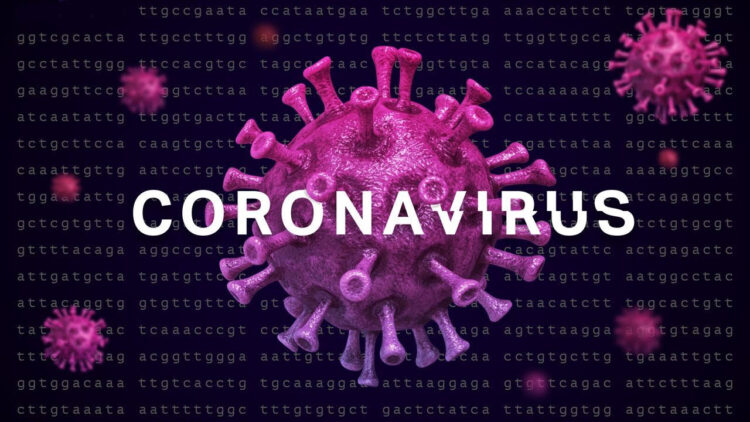By Ben Kerrigan-
A Covid symptom study has contradicted official findings from the Office Of National Statistics, suggesting a slight rise in English case numbers, contrary to ONS findings.
The team, which sampled households in the Uk claim the findings from their data suggests an infection rate in England is showing no clear sign of a rise or fall in positive Covid-19 tests, following an uptick in the rate in July.
Around 27,100 people in the community in England tested positive for Covid-19 during the week from 19 to 25 August, equating to around 1 in 2,000 individuals, with around 2,000 new cases a day, the latest data from the Office for National Statistics reveals.
The team, which sampled households in the Uk say that claim the data suggests an infection rate in England is showing no clear sign of a rise or fall in positive Covid-19 tests, following an uptick in the rate in July.
However, researchers behind the Covid-19 symptom study app say their data, based on swab testing of people reporting symptoms claim their studies reveal only a slight rise in daily cases of Covid-19.
The latest data suggests from 16 to 29 August 2020 there were on average 1,423 new cases per day in England, compared with 1,073 reported the previous week for the period 9 August to 22 August. For the UK the figures are 1,974 and 1,292 new cases per day respectively.
Tim Spector, professor of genetic epidemiology at King’s College London and lead researcher on the Covid-19 symptom study, said the rise in numbers is occurring due to the rise in economic activity and the increase in travel.
The finding suggests the official claim in rises in Covid-19 is inaccurate , making it considerably higher than is actually the case.
Second Wave Concerns
Local lockdowns imposed in Manchester and other parts of the Uk since the national ease in May has raised concerns of a second wave which could lead to a second lockdown this winter. British scientists have predicted a likely significant rise in Covid-19 infections and deaths when the cold season sets in anytime within the next month.
The finding which contradicts the official position has been explained off by some experts.
Prof Oliver Johnson, professor of information theory, School of Mathematics, University of Bristol, said:
”Today’s ONS infection survey figures are very similar to last week. Indeed the long-term trend is broadly flat since the beginning of July, suggesting an R value very close to 1.
This data may appear to contradict the recent increase in UK cases: this may partly be due to some of those cases being discovered by targeted testing in hotspots. Further, it is important to note this ONS survey covers only England and Wales: a significant proportion of the recent increase in cases has occurred in Scotland and Northern Ireland, and so would not be visible here.’
Covid-19 has led to a change in the behavioural patterns of many members of the British people who are worried about catching the virus, but there is a growing number that distrust global official position regarding the spread and seriousness of the virus.
Last month, the Department Of Health admitted that the number of Covid-19 deaths had been exaggerated, after concluding that some people who had recovered from the virus but died later had Covid-19 put on their death certificate. The British government reduced the official numbers of Covid- 19 deaths by 5,000 and announced it would stop the official daily Covid-19 death count.




